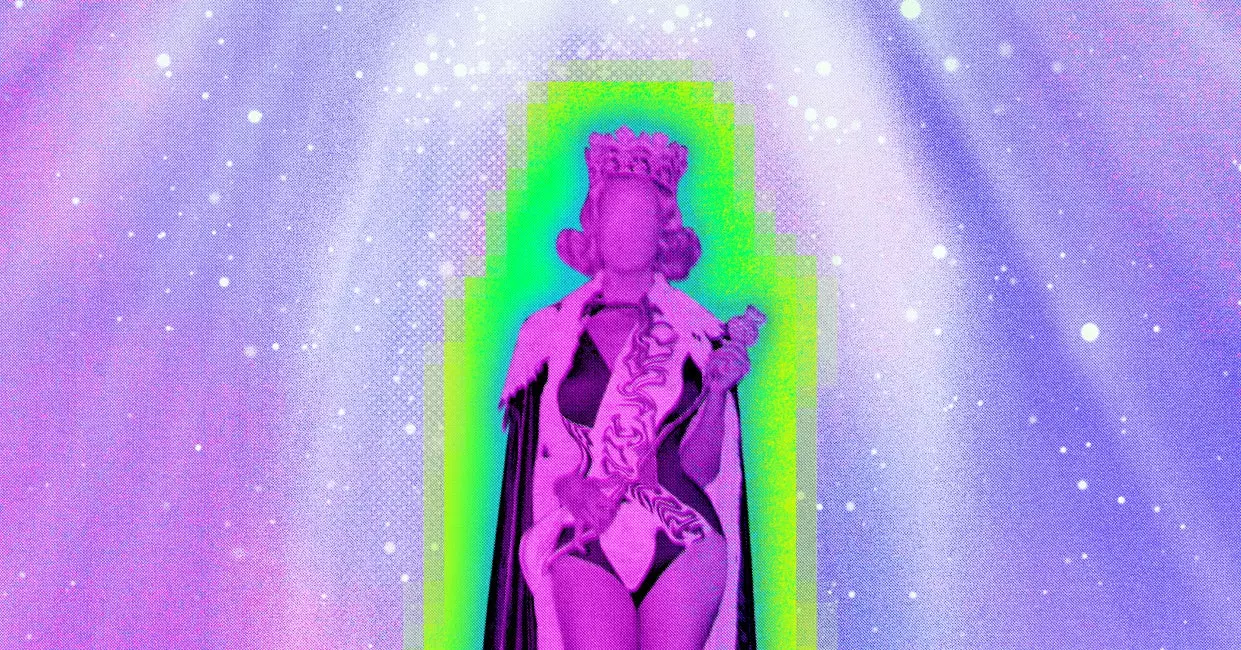The rise of AI beauty pageants has raised concerns about the portrayal of beauty standards and the perpetuation of stereotypes. According to sociologist Hilary Levey Friedman, these pageants often create contestants based on preconceived notions of beauty. The contestants, in this case, are products of their creators’ biases and preferences. This raises questions about the diversity and inclusivity of these AI-generated beauty standards.
Fanvue’s AI contest, like traditional beauty pageants, judges contestants based on factors beyond appearances. However, the criteria for judging may still be influenced by societal norms and stereotypes. The Washington Post found that AI programs tend to lean towards a narrow definition of beauty, with most generated images portraying thin, light-skinned, and young women. This lack of diversity in AI-generated beauty standards reflects the biases and limitations of the data used to train these programs.
The media’s representation of beauty standards plays a significant role in shaping AI-generated images. Sandhini Agarwal, OpenAI’s head of trustworthy AI, highlights the interconnectedness of societal dynamics and AI algorithms. If mass media predominantly features thin, beautiful women, AI programs are likely to produce similar images. This creates a cycle where AI-generated content reinforces existing beauty norms, further perpetuating narrow beauty standards.
The dominance of thin, beautiful AI-generated influencers raises ethical concerns about the impact of AI on society. As AI becomes more integrated into various industries, including fashion and entertainment, it is crucial to address issues of diversity and representation. AI developers must actively work to mitigate biases in their algorithms and prioritize inclusivity in their training data. Failure to do so could result in the continued marginalization of underrepresented groups.
To promote diversity and inclusivity in AI beauty pageants, there needs to be a concerted effort to challenge and deconstruct existing beauty standards. AI developers should prioritize creating algorithms that celebrate a diverse range of beauty ideals and challenge traditional norms. By fostering a culture of inclusivity and representation, AI technology can help redefine beauty standards and promote positive societal change. It is essential for stakeholders in the tech industry to prioritize ethical considerations and work towards a more equitable future for AI development.


Leave a Reply